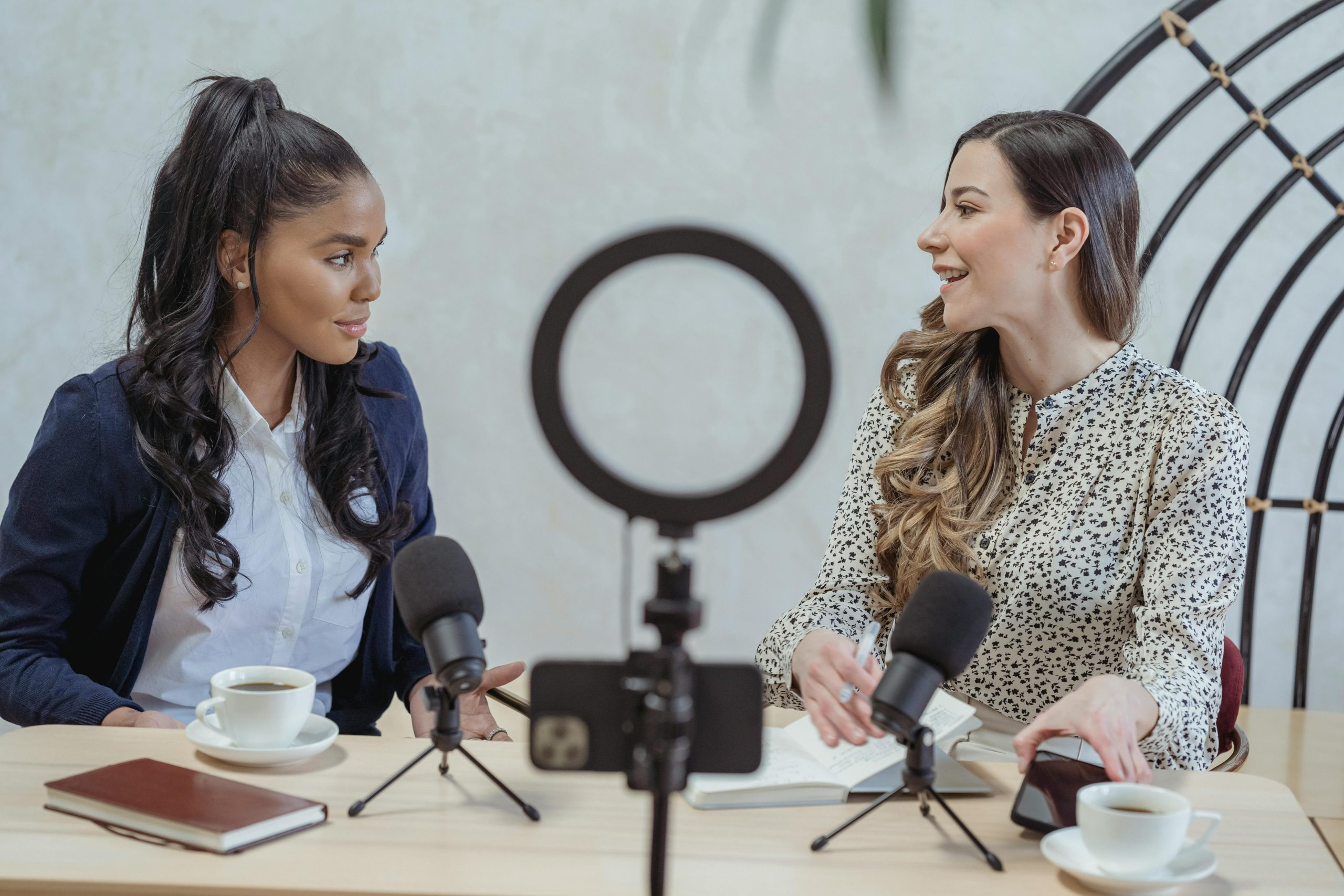Legal Challenges in Regulating Social Media Content
Social media has become an integral part of our daily lives, with millions of users around the world sharing their thoughts, opinions, and experiences on various platforms. From Facebook and Twitter to Instagram and YouTube, social media has transformed the way we communicate and access information. However, with this rise in popularity, there has been a growing concern about the content being shared on these platforms. As a result, governments and authorities around the world are facing legal challenges in regulating social media content.
The Role of Social Media in Society
Social media has revolutionized the way we connect and interact with each other. It has broken down geographical barriers and allowed people to share their thoughts and experiences with a global audience. Social media has also become a powerful tool for businesses, politicians, and organizations to promote their products, campaigns, and agendas. However, with this power comes great responsibility, and the content shared on these platforms can have a significant impact on society.
The Need for Regulation
With the rise of social media, there has been an increase in hate speech, fake news, cyberbullying, and other forms of harmful content. This has raised concerns about the potential harm that this content can cause to individuals and society as a whole. As a result, there is a growing demand for governments and authorities to regulate social media content to protect citizens and maintain public order.
However, regulating social media content is not an easy task. Social media platforms like Facebook and Twitter have millions of users, making it challenging to monitor and control the content being shared. Moreover, with the internet being a global phenomenon, regulations in one country may not have an impact on content shared in another country.
Legal Challenges in Regulating Social Media Content
One of the main legal challenges in regulating social media content is determining what is considered harmful or offensive. Different countries and cultures have varying perspectives on what is deemed acceptable and what is not. Some governments may view content as offensive, while others may see it as freedom of expression. This makes it difficult to create universal regulations that will be effective across all countries.
Another key challenge is the issue of jurisdiction. Most social media platforms are based in the United States, making them subject to US laws. However, the content shared on these platforms can come from anywhere in the world, making it challenging to enforce regulations on a global level. This has led to a debate about whether social media platforms should be held responsible for the content shared on their platforms.
The Impact of Regulations on Social Media Companies
Governments and authorities are not the only ones facing challenges when it comes to regulating social media content. Social media companies also face legal challenges in implementing and enforcing these regulations.
One of the main concerns for social media companies is balancing freedom of speech with the need to remove harmful content. By limiting content, they risk being accused of violating freedom of speech rights. On the other hand, by not removing harmful content, they risk facing legal action and damaging their reputation.
Fines and penalties are another concern for social media companies. In some cases, governments have proposed hefty fines for social media companies that fail to remove harmful content. This puts pressure on these companies to invest in robust content moderation systems, which can be costly and time-consuming.
The Way Forward
In conclusion, regulating social media content is a complex and ongoing challenge for governments, authorities, and social media companies. There is a need to strike a balance between freedom of expression and protection from harmful content. It is essential for all stakeholders to work together to develop effective regulations that can be applied globally while also respecting individual rights and cultural differences.
The responsibility also lies on social media users to ensure that the content they share is not offensive or harmful. Using social media platforms respectfully and responsibly can go a long way in creating a safer online environment.
Final Thoughts
Social media has opened up a world of opportunities for communication and connection. However, with this power comes the need for responsible regulation. By addressing the legal challenges in regulating social media content, governments, authorities, and social media companies can work towards a safer and more positive online experience for everyone.










